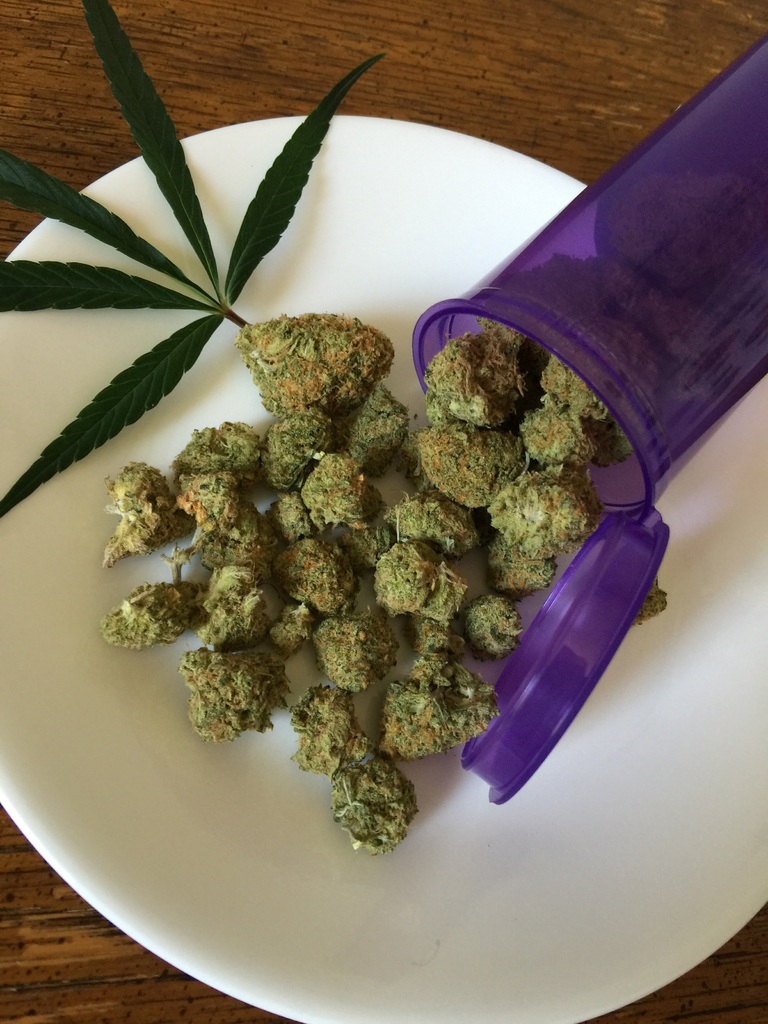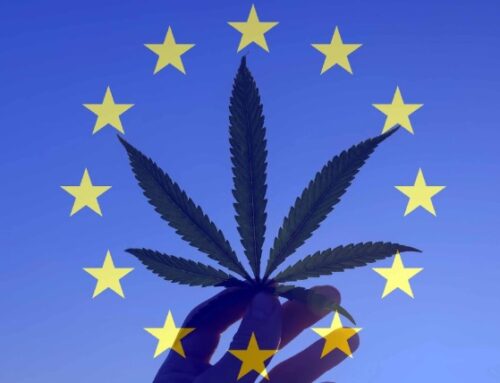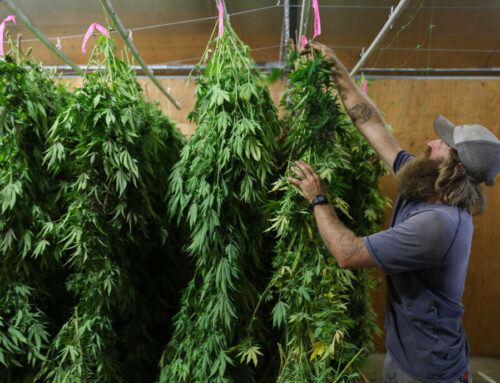Thailand’s Shift: From Decriminalization to Recreational Cannabis Ban
LOS ANGELES- Thailand’s journey with cannabis policy has taken a significant turn as the nation’s health minister, Cholnan Srikaew, announced plans to reinstate a ban on recreational cannabis use by the end of the year. This move aims to curb non-medical usage while maintaining the legality of cannabis for medicinal purposes, marking a pivot from the country’s recent decriminalization stance to a more regulated approach.
Under the new legislation proposed by Thai lawmakers, recreational consumption of cannabis would be prohibited, with violators facing substantial fines and potential jail time. Specifically, individuals caught using cannabis for non-medical purposes could be fined up to 60,000 baht ($1,700), while those involved in the unauthorized marketing or sale of cannabis products or related paraphernalia could face up to a year in prison and fines of up to 100,000 baht ($2,800).
Health Minister Cholnan Srikaew emphasized the necessity of this legislative shift, citing concerns over cannabis misuse and its potential adverse effects on Thai youth. He suggested that without proper regulation, cannabis consumption could escalate to the use of more harmful substances. “In the new law, cannabis will be a controlled plant, so growing it would require permission. We will support [cannabis cultivation] for the medical and health industry,” Cholnan stated, indicating a focused effort to channel cannabis cultivation towards medicinal applications.
The announcement has sparked a wave of uncertainty and resistance within Thailand’s burgeoning cannabis industry. Many business owners and operators, who had adapted to the country’s decriminalization policy, are now considering legal action to safeguard their interests and the industry’s future.
Thailand’s progressive cannabis reforms began with the legalization of medical cannabis in 2018, followed by the full decriminalization of the plant in 2022. These steps positioned Thailand as a pioneer in cannabis policy reform in Southeast Asia. However, the absence of a regulated framework for the nascent industry led to a rapid expansion of the market, with its value soaring to an estimated $800 million within just six months of decriminalization.
The proposed ban on recreational cannabis use reflects a nuanced balance that Thai lawmakers are attempting to strike between fostering a medical cannabis industry and preventing the potential societal impacts of widespread recreational use. As Thailand navigates this legislative recalibration, the global community watches closely, recognizing the implications for cannabis policy reform and industry dynamics in Southeast Asia and beyond.




































